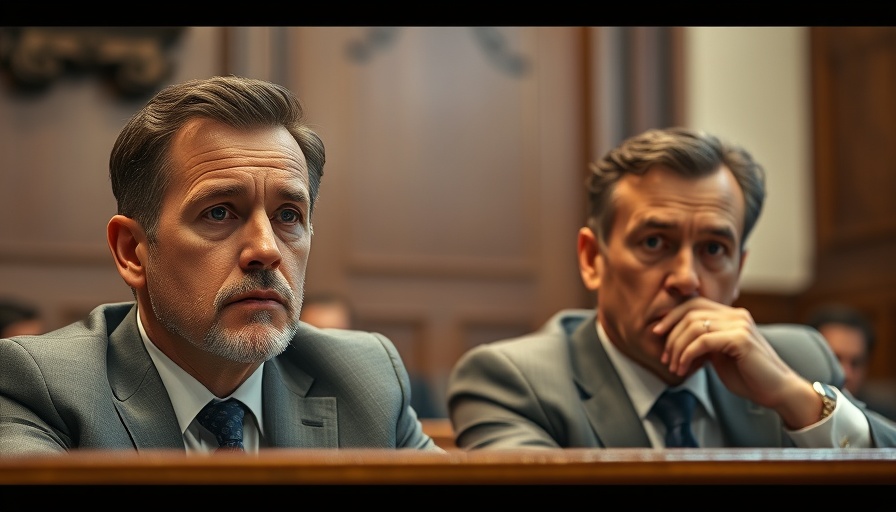
Menendez Brothers: A Major Legal Turn
The recent approval for a re-sentencing bid by the Menendez brothers, Erik and Lyle, marks a significant moment in a saga that began with their conviction for the shocking 1989 murders of their wealthy parents in Beverly Hills. Over two decades have passed since that gripping case captured the nation’s attention, and now, it seems like a new chapter might be unfolding.
Background on the Menendez Case
In March 1996, after two widely-publicized trials, the Menendez brothers were found guilty of first-degree murder and sentenced to life imprisonment without the possibility of parole. The brutality of the crime—a shotgun assault on their parents, Jose and Mary Louise Menendez—left a lasting mark on the public psyche. The brothers claimed that they were victims of severe abuse, which influenced the narrative around their actions and the trials that followed.
Legal Developments: The Path to Re-sentencing
The recent hearing represents a crucial step for Erik and Lyle as they seek to reduce their life sentences amidst changing societal views on judicial discretion and sentencing practices. Their legal team now aims to leverage what they describe as an evolving understanding of mental health issues in the judiciary system, advocating that the brothers' backgrounds and experiences should warrant a reassessment of their sentences.
Impact on Public Sentiment and Legal Precedents
This case’s potential re-evaluation speaks volumes about the shifting landscape of criminal justice reform, particularly the increasing consideration of psychological evaluations, childhood trauma, and how these aspects can shape individuals' behaviors. Many advocates argue that recognizing such factors can lead to fairer outcomes in the courtroom.
Comparison with Other High-Profile Cases
Notably, the Menendez brothers' situation resonates with a growing list of cases where convictions have been reconsidered after new evidence or a shift in societal values has surfaced. Similar to the narratives surrounding cases like that of Amanda Knox or the exoneration of individuals wrongfully convicted based on inadequate legal representation or emerging evidence of innocence, the Menendez brothers' appeal could alter perceptions of justice in contexts where psychological conditions are involved.
Future Predictions: How This Might Affect Legal Practices
Looking ahead, if the Menendez brothers find success in their re-sentencing bid, it could set a profound precedent. Courts in the United States might increasingly open doors to the assessment of complex psychological factors in violent crime cases, ultimately leading to changes in legislation that defines how similar cases are treated across various jurisdictions.
Connecting to Broader Legal Issues
The Menendez brothers’ case is not only about their personal fate but also connects to broader themes within the legal system, including discussions on wrongful convictions, judicial discretion, and mental health considerations in sentencing. These are critical conversations in a society striving for fairness and justice, reflecting a growing awareness of the human stories behind courtroom decisions.
The Community’s Role and Response
As the legal landscape continues to evolve, community responses vary widely. There are supporters advocating for their case and detractors who remember the horrific details of their crime. As such, this moment presents an opportunity for public discourse about the complexities of crime, punishment, and rehabilitation in modern America.
The developments in this case resonate far beyond the courtroom—offering a lens through which we examine justice’s often complicated intricacies. Will the Menendez brothers find that elusive second chance, or will justice remain steadfast in its conviction?
 Add Row
Add Row  Add
Add 



Write A Comment